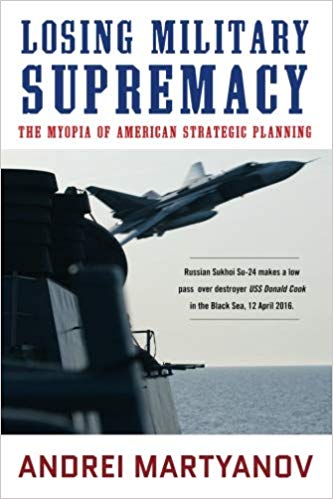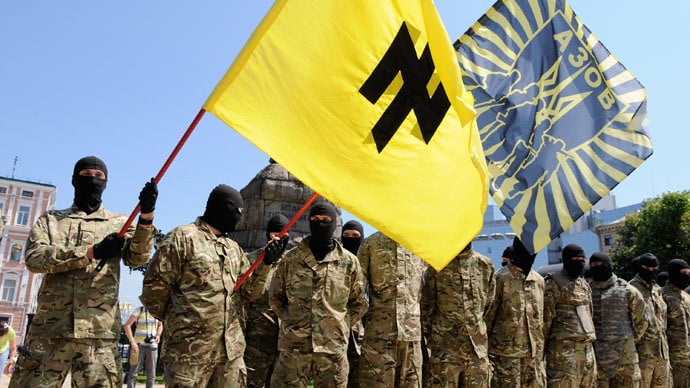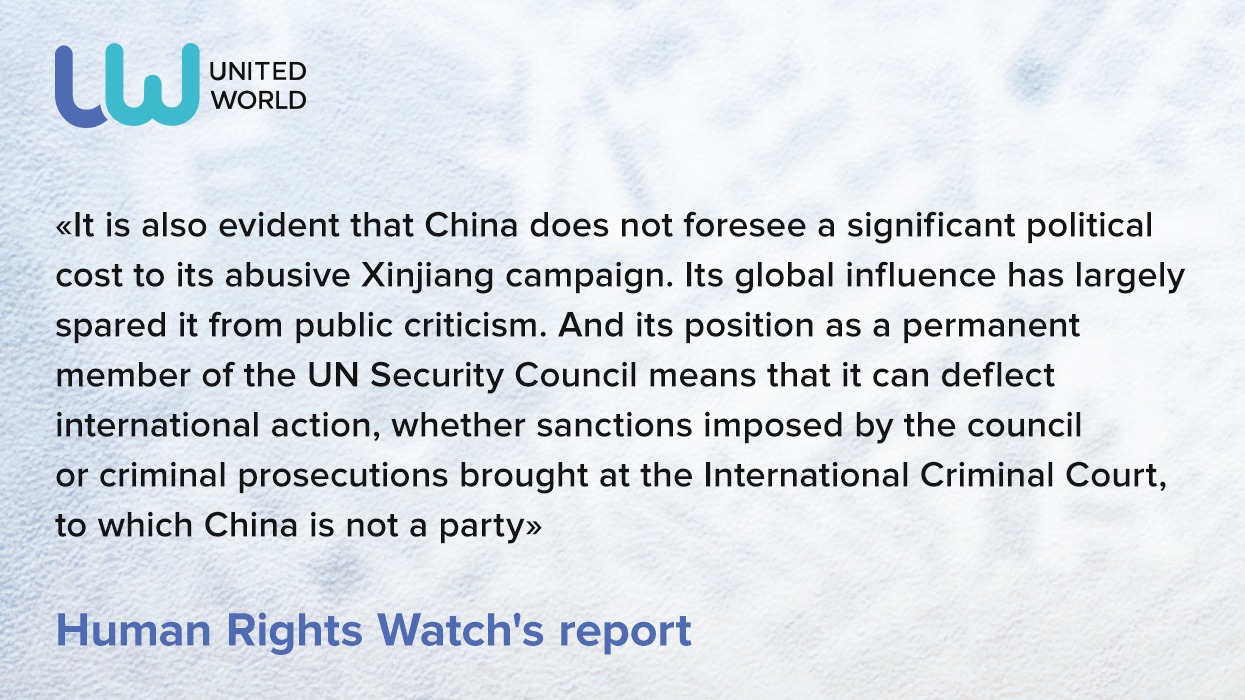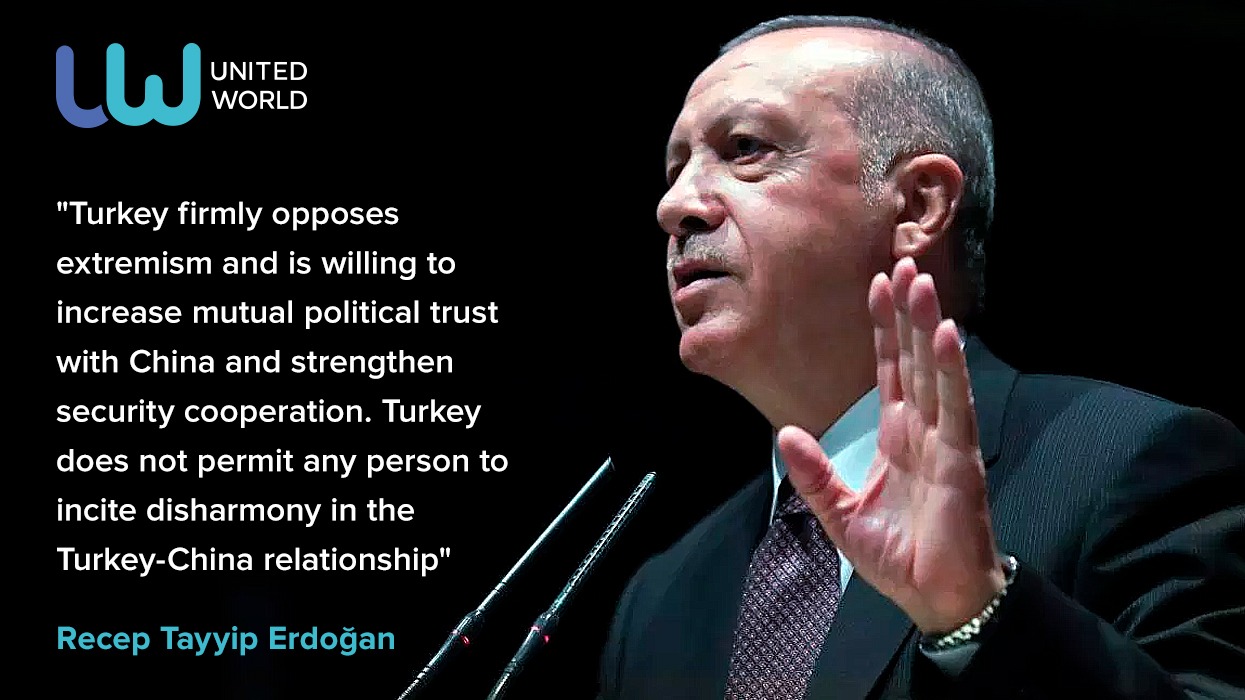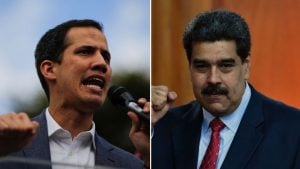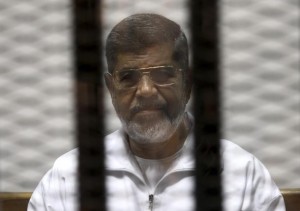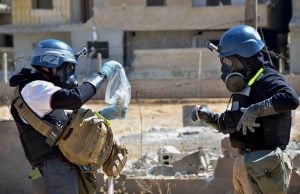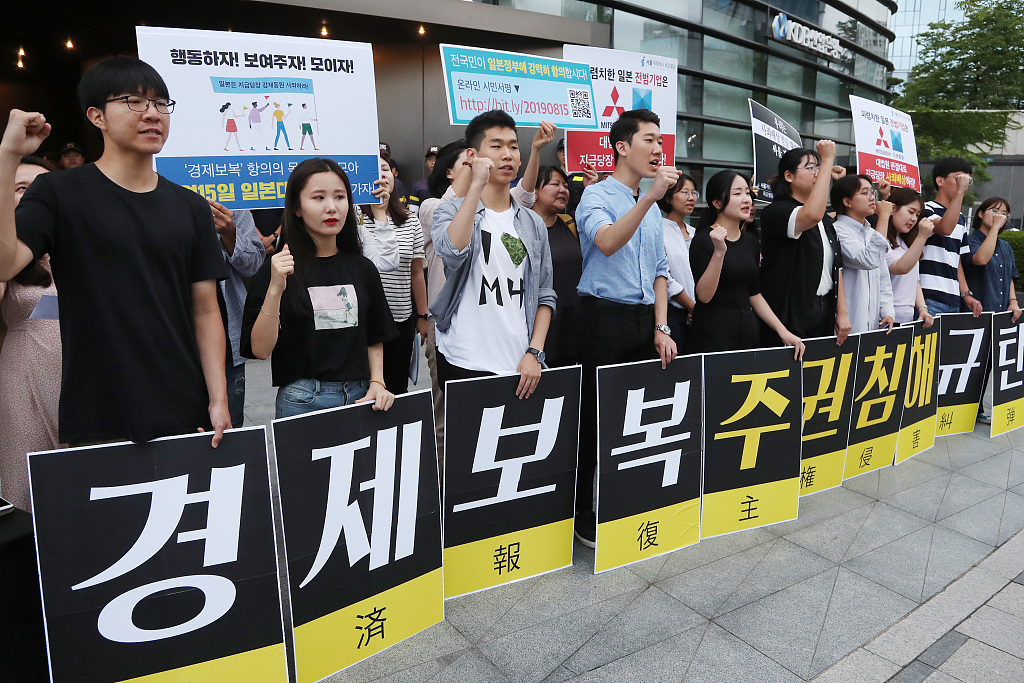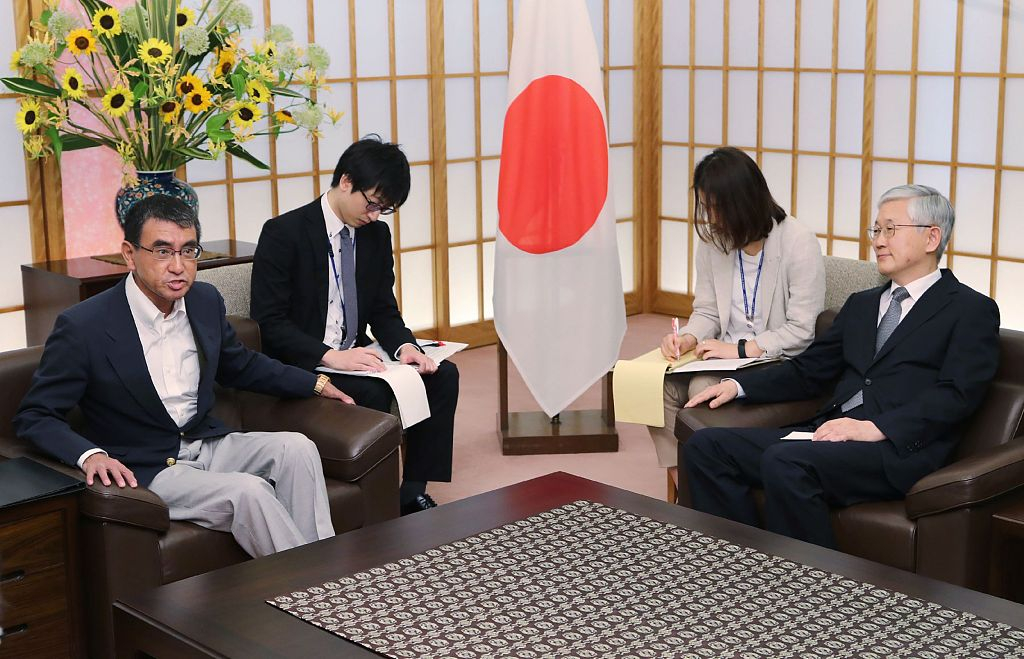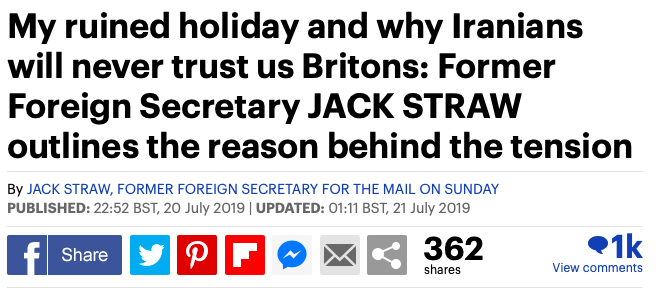This incisive article was first published on June 26, 2015‘
Nations that trade with each other make themselves mutually dependent: if one has an interest in buying, the other has an interest in selling, and all unions are based on mutual needs.’ Montesquieu, (Charles Louis de Secondat), (1689-1755)
‘An agreement [with the U.S.] to harmonize trade, security, or defence practices would, in the end, require Canada and Mexico to… cede to the United States power over foreign trade and investment, environmental regulation, immigration, and, to a large degree, foreign policy, and even monetary and fiscal policy.’ Roy McLaren (1934-), former Canadian liberal trade minister, (1983)
‘The greatest happiness principle: The greatest happiness of the greatest number of people is the foundation of morals and legislation.’ Jeremy Bentham (1748-1832)

Professor Rodrigue Tremblay
One of the most important phenomena of the last quarter century, and without a doubt the most significant in the economic field, but also in the political field, has been the rise of economic globalization. This has brought the increased interdependence of national economies and a rise in competition, not only between corporations but also between countries.
This interdependence and competition have increased much more quickly than could have been envisaged, 25 or 30 years ago, with the result that international economic integration today greatly exceeds the realm of international trade to encompass the international mobility of corporations and the integration of financial and money markets. In some areas dominated by technology, especially in the field of digital and information technology, we already live in a world almost without national borders. The consequences of increased globalization are not only economic; they are also political and social.
But globalization also means a greater complexity of economic relations and an increased vulnerability of national economies to shocks from outside. This requires, for a given country, that the net benefits resulting from globalization must be greater than the net losses of any nature arising from such greater complexity and greater vulnerability.
Beside the purely economic costs of complexity, there are social and political costs that arise from such enhanced global economic complexity.
Indeed, the increased complexity of international economic and financial relations has had the effect of increasing the costs of political transactions and may have impaired the good functioning of domestic democratic systems by reducing the possibility for citizens to be adequately informed about issues that concern them and, if necessary, to be able to raise objections. Socially, it has also meant that the economy is less embedded in a larger social system; it is rather the social system that has been compressed and has become embedded in an increasingly globalized economy.
A primarily political global project has also been grafted upon economic globalization, mainly under American auspices, with the avowed purpose of weakening and subverting the national consciousness of people in their sovereign nation states, through the promotion of “multiculturalism” within countries and through the equally important aim of dismantling the welfare state system and the social safety net erected after the Second World War in most Western countries, and replace them with an essentially anti-democratic and oligarchic globalist system.
In the end, we shall conclude that the increased complexity of the global economic system over the last quarter century has had a general consequence: it has resulted in increasing the power and incomes of the CEOs of large corporations and of mega banks as never seen before, as well, to the lesser extent, of those of politicians and bureaucrats, at the expense of the less educated segments of the population and the less mobile people generally, thus weakening the democratic spirit and practices in many countries.
I- Main causes of economic globalization
There have been two revolutions behind the phenomenon of economic globalization.
-The first was the digital technology revolution, which can be seen as a new industrial revolution. This appeared with basic innovations that were, among others, the computer, the Internet as a global computer network, and telecommunications satellites, the latter enabling communication almost instantly to the four corners of the planet.
-The second revolution was the collapse, in 1991, of the Soviet empire and its centralized communist economic system. It has been said that this politico-economic revolution heralded the “triumph of (corporate) capitalism” worldwide and its decentralized and scarcely regulated markets.
Over the last quarter century, the rush towards economic globalization has accelerated. Its three main components are:
– Firstly, the globalization of trade relations;
– Secondly, the industrial and technological globalization; and
– Thirdly, the overall financial globalization (financial, banking and monetary).
These three sides of economic globalization have not had the same effect on all people and on every country.
It is therefore necessary to identify the net effects for each of these three components of overall economic globalization. Indeed, it was expected, at least in theory, that the move towards economic globalization would strengthen the economic integration of countries, generate some convergence of national economies by increasing their productivity levels and their economic growth, reducing global poverty, and creating, in addition, a better climate for world peace.
In practice, we can say today that this view was perhaps too optimistic, and we must recognize that the results of economic globalization in the past quarter century have been more complex and less inevitable than some would have believed.
That is because economic globalization and enhanced international competition have resulted in consequences that have certainly been positive for some people, but they have also created perverse effects for certain categories of workers, as well as for governments and their populations, because of the increased international mobility of corporations and of financial and banking institutions, and not just for those that are inherently ‘multinational’ in nature.
In other words, economic globalization has created net winners and net losers, and it would be good to establish a provisional assessment of these results, even if it is only a partial synopsis of a complex phenomenon.
II- The globalization of trade relations
The establishment of the World Trade Organization (WTO) in 1994 marked an acceleration of the movement towards multilateral trade liberalization of the previous decades that had been undertaken under the auspices of the General Agreement on Tariffs and Trade (GATT), the latter having been created in 1947.
Indeed, during the last quarter century, world exports have grown at an exponential rate of 6.0 percent in volume, a much faster rate than the average annual rate of growth in world real output, which progressed at the pace of a little less than 4.0 percent between 1990 and 2010. However, we observe that since the financial crisis of 2008-09, there has been a break in world trade growth, global exports growing presently at a pace that approximates overall world economic growth, which ranges from two to four percent annually.
Of the three components of the phenomenon of economic globalization, trade globalization is probably the least deserving of criticism. There is even a fairly broad consensus among economists that, all things considered, its net effects have been more positive than negative.
Consumers have benefited greatly, as a result of lowered prices and better quality for a wider range of imported products and services. The other big winners of the growth in multilateral trade are owners of capital in general (higher yields) and officers of large corporations (increased incomes and revenues).
On the negative side, in many industrialized countries, least skilled workers have faced personal losses due to unemployment and stagnant or falling real wages. The same can be said about some industries that have faced increased international competition and have suffered contractions, relocations and some form of de-industrialization.
Overall, empirical studies on these issues have arrived at the conclusion that the gains reaped by industrialized countries from a better international division of labor have outweighed the losses, and that this has created a win-win situation for most countries.
It would appear that for industrialized countries, the problems arising from enhanced international trade are primarily a problem of distribution of the net gains in order to compensate the losers in proportion to their losses.
In other words, this is a matter of public policy and of social justice. It is thus up to a government, for example, to make sure that workers displaced by international competition are compensated and retrained.
If we consider all countries, the newly industrialized countries of Asia (China, Japan, South Korea, etc.) have profited greatly from increasing trade globalization, and they have also been on the receiving end of industrial globalization, as we will discuss later. Their rates of economic growth and of industrial catching up have simply been all but phenomenal.
III- Industrial and technological globalization
Alongside the globalization of trade relations of the last quarter century, the world has also experienced a similar explosion in foreign direct investment (direct capital inflows and outflows). Thus, the share in GDP of all countries of foreign direct investment has increased from 11 percent on average in 1980 to 34 percent on average in 1998. Since the financial crisis of 2008-09, however, foreign direct investment has also experienced a sharp downturn. It reached a historical high in 2007 of 2,000 billion$. Six years later, in 2013, foreign direct investment had dropped 30 percent from its 2007 peak.
The international mobility of corporations, their technologies and their capital, is much more problematic than trade globalization as such, which is based on the comparative advantages of trading countries, in a general context of international immobility for people between countries and of currency fluctuations to equilibrate each country’s balance of payments.
We cannot put on the same footing free trade, with rules against dumping and unfair competition and fluctuating exchange rates, and the free international movement of corporations, their technologies and their capital when labor is mostly immobile.
In the first case, we are dealing with international trade of goods and services based on comparative advantages in resources, manpower and technology in each country, which encourages specialization in production and which generates economies of scale, productivity gains and increases in living standards in all countries, even if the net gains are not evenly distributed among countries.
On the other hand, when corporations transfer their capital and their technologies from one country to another, this has the potential of modifying the economic comparative advantages of each country. This is a much more problematic component of economic globalization than simply free trade, because it is not impossible then that one country ends up a net loser while another is a net winner of such transfers.
Outsourcing production from one country to another could become a substitute to international trade between countries. The exception is when international trade within a corporation increases both ways.
A process of deindustrialization can result for the country losing its most productive industries, thus translating into problems of productivity and of economic growth, while national governments are unable to face the challenge properly. As I have alluded to before, this is not inevitable. When industrial globalization translates into more intra-firm trade and if a country’s total exports increase, a country can be a net winner of industrial globalization. For example, if a car manufacturer in a developed country transfers an assembly activity in a low-wage countries but exports from its national base engines and other specialized parts, the country can emerge a net winner from such production outsourcing. This becomes an empirical question. That is why a national government should monitor the situation closely.
It is a fact, however, that industrial globalization has made it increasingly difficult for a national government to pursue its own industrial policy. Indeed, nowadays, most of so-called ‘free trade agreements’ are in fact ‘agreements for the free international movement of corporations’ and have clauses that prevent national governments from actively pursuing an industrial policy to boost a country’s industrial productivity and raise the real wages of its workers. Moreover, these ‘agreements on free movement of companies’ are usually negotiated in secret and are often adopted by blindfolded politicians. It goes without saying that such an industrial disarmament by nations may erode the benefits expected from trade globalization and industrial specialization.
We may have here a reason why popular sentiment, especially in Western countries, is turning against comprehensive de facto ‘trade and investment agreements’ because they are wrought in secrecy, because they gave too much weigh to corporate prerogatives and their gimmicks to avoid paying taxes to local governments, because they have resulted in wage stagnation, unemployment, income inequalities and deindustrialization in many advanced economies, without compensations for the net losers, and because the governments of some large nations cannot resist dangerously mixing economics and politics and pushing smaller nations around.
Industrial globalization can also raise a tax fairness issue and one about income and wealth inequalities between different categories of taxpayers when corporations and the most internationally mobile workers insist on tax cuts from national governments. The latter are thus obliged to increase regressive tax rates on the incomes of ordinary workers and on their consumer spending.
National governments may also be called on to compete downward between themselves when the time comes to formulate some industrial regulations, or implement social policies or environmental preservation policies.
IV- Financial globalization (financial, banking and monetary)
 If industrial globalization is problematic in its effects, financial globalization, (financial, banking and monetary), is even more dubious, considering the high level of speculation that surrounds the international movements of finance capital.
If industrial globalization is problematic in its effects, financial globalization, (financial, banking and monetary), is even more dubious, considering the high level of speculation that surrounds the international movements of finance capital.
International borrowing and lending have been around for a long time. For instance, in the 19th century, savers from rich countries made it possible to fund major infrastructure projects in poorer countries. The inflows and outflows of portfolio capital (bonds, stocks, etc.) benefit both savers and borrowers and encourage trade. Indeed, a country that is a net borrower is also a net importer, and the opposite is true from a lender country’s perspective. Such international borrowing and lending are factors of economic efficiency and should be encouraged.
The international integration of financial markets reflects an objective reality, i.e. the reality that some countries generate external surpluses and other external deficits. The international mobility of savings is in itself a good thing from an economic point of view. What is important is that countries can retain their power to regulate their financial and money markets, and maintain domestic control over their banking sector.
In recent decades, however, mega banks and other financial institutions have exerted enormous political pressure to be exempted from national regulations. In the United States, for example, lobbies have succeeded in having the ‘Glass-Steagall Act’ abolished by the Clinton administration in 1999. That important law had been put in place in 1933 in order to avoid a repeat of the financial crisis of 1929. History will record that the abolition of the Glass-Steagall Act played a major role in paving the way to the financial crisis of 2008-09, a crisis whose harmful effects continue to be felt around the world.
When a nation loses its national sovereignty over financial, banking and monetary regulation, it largely loses the option to rely on price adjustments to correct imbalances in its external accounts, and it must instead rely on quantity adjustments through layoffs, cuts in public spending, tax increases, etc. This is a much more costly way, in terms of welfare, to improve a balance of payments.
For example, when a country suffers a drop in the external demand for its products while placed in the straightjacket of price rigidity, domestic prices and wages cannot move downward to correct an external deficit (and, conversely, cannot move upward to correct an external surplus).
Instead, the country must then resort to implementing so-called ‘austerity policies’ (cuts in public spending, increases in taxes, etc.), the latter having the negative consequences of slowing down domestic demand on top of the drop in international demand. As a result, the economy suffers two blows instead of one. Such an adjustment process to outside economic shocks creates an economic downturn that could translate into an economic recession (a drop in production and employment), hurting more severely some segments of the population than others.
This is a major structural problem within badly structured monetary unions, as it is currently the case in Europe within the euro zone, which encompasses economies with very high productivity levels, such is the case with the German economy, and other less productive economies, such as those of Greece or Portugal.
 When no institutional mechanisms have been designed to transfer purchasing power between surplus countries and deficit countries, the rigidities of the single currency, (whatever its microeconomic benefits to businesses and consumers), can result in major macroeconomic problems. For instance, the common currency may be simultaneously undervalued for surplus economies and overvalued for deficit economies. Deficit economies must then rely on austerity measures to lower imports and increase exports, while surplus economies are more or less left outside the adjustment process.
When no institutional mechanisms have been designed to transfer purchasing power between surplus countries and deficit countries, the rigidities of the single currency, (whatever its microeconomic benefits to businesses and consumers), can result in major macroeconomic problems. For instance, the common currency may be simultaneously undervalued for surplus economies and overvalued for deficit economies. Deficit economies must then rely on austerity measures to lower imports and increase exports, while surplus economies are more or less left outside the adjustment process.
Another severe drawback to financial integration (financial, banking and monetary) is the greater vulnerability of countries to external economic shocks and the transmission of economic and financial crises from one country to another.
The 2008-09 financial crisis is a good example of this phenomenon wherein a financial or a banking crisis originating in one country spreads quickly through financial and money markets from one country to another and affects the entire global economy. Financial crises are often the result of risky banking practices and of poorly regulated international financial and money markets.
Indeed, one of the consequences of increased financial integration has been the increased vulnerability of fragile economies to negative outside influences and a certain globalization of economic and financial crises, in a context where domestic governments are losing many of their instruments of intervention.
V- General conclusions
Is the world a better place today than it was twenty-five years ago? In certain aspects, the answer is yes; in some other aspects, the answer is no.
We can say that the overall economic globalization of the past quarter century has certainly had positive economic effects for several countries and their people, but that such globalization has perhaps gone too far, too fast, in some countries, especially since the global financial crisis of 2008-09.
Indeed, on one hand, trade globalization has resulted globally in economic benefits for consumers, for large corporations, their CEOs and for the most skilled workers. Some newly industrialized economies, such as the Chinese one, have also derived substantial benefits from economic globalization.
On the other hand, industrial globalization has set into motion a process of deindustrialization in many developed countries—especially in Europe—which has hurt small and medium businesses.
It has also concentrated the benefits of economic globalization on the most mobile factors of production (capital, corporations, new technologies) to the detriment of more immobile factors of production (labor, labor organizations and especially less-skilled workers).
Similarly, financial globalization has reduced the national sovereignty of most countries and lowered their governments’ capability to react to economic and social crises. The weakening of nation states and the disarmament of national governments in the face of international corporations and globalized mega banks are also important features or pitfalls of the overall movement towards economic globalization during the last quarter century.
How can we weigh the various elements of economic globalization? Have they benefited primarily an economic elite and left behind a trail of net losers, or have they benefited everybody to various degrees? It depends if we look at things from the viewpoint of a particular country or if we consider the entire world economy, and whether or not there are institutional mechanisms for the net winners of economic globalization to compensate the net losers.
For the global economy as a whole, the move towards economic globalization of the last quarter century has encouraged the spread of economic activity geographically, and it has resulted in a certain convergence of living standards, especially as the newly industrialized countries of Asia are concerned. On the other hand, this was made possible at the cost of a certain deindustrialization in many industrialized countries and of a rise in income and wealth inequalities in many countries. At the level of the particular country, the net economic results of economic globalization are an empirical question.
However, one thing stands out: globalization has profoundly changed the structure of social and political power within each country by strengthening corporate power and their leaders’ influence, and by decreasing the power of workers in general and of labor organizations in particular. There are indications that it has hurt the functioning of democracy in several countries.
One general conclusion in terms of economic policy: in the context of economic globalization, it would appear essential that national governments retain control over their financial and banking sectors, as well as over their monetary policies, if they want to avoid, in times of crisis, that their economies behave like a ship without a captain, without direction on a rough sea.
More generally speaking, because of so many hazards, I am afraid that the all-out economic globalization that is currently being imposed on nations and people alike risks imploding, sooner or later. This is a model that has too many economic and political pitfalls to persist without profound reforms. That is because it de facto transfers the real power in our societies from legitimate elected officials to officers of large corporations and of mega banks, and to owners of capital in general who, in turn, can use it to corrupt the political system to their advantage. —There exists a basic economic and democratic deficit to economic globalization that will not be easily corrected.
* Drawn from a conference by the author at the Humanist Symposium on Human Nature, held in Montreal, Saturday June 6, 2015.

